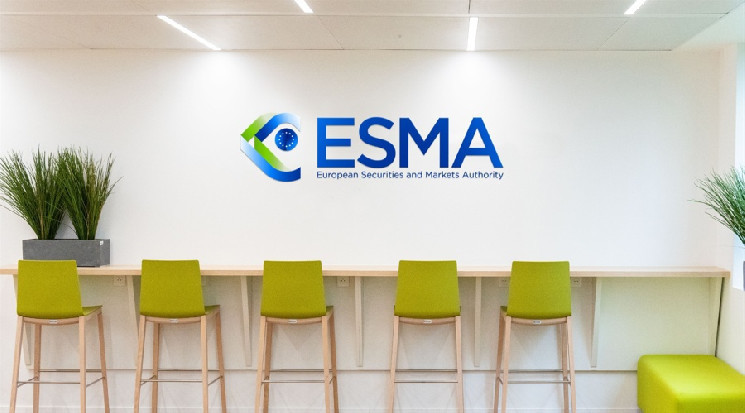The European Securities and Markets Authority (ESMA) has recently provided its response to the European Commission’s proposed amendments to the Markets in Crypto-Assets Regulation (MiCA) Regulatory Technical Standards (RTS). In its reply, ESMA acknowledges the legal constraints outlined by the Commission while emphasizing the significance of the policy objectives set forth in the proposal.
ESMA’s Opinion highlights the proposed revisions to two RTS, focusing on the information required for notification by financial entities intending to offer crypto-asset services and the criteria for applications from entities seeking authorization as crypto-asset service providers (CASPs). The aim of these amendments is to enhance the evaluation process for CASPs and financial entities seeking to provide crypto-asset services within the European Union.
To support these objectives, ESMA suggests that the Commission consider modifications to the MiCA regulation (Level 1). Some key recommendations include mandating applicant CASPs and notifying entities to submit findings from an external cybersecurity audit and conducting checks on the reputation of management members, particularly regarding any breaches of certain laws.
On March 25, 2024, ESMA published its initial final report on the draft RTS and submitted it to the Commission for approval. Subsequently, ESMA has shared its opinion with the Commission, the European Parliament, and the European Council. While the Commission holds the authority to adopt or reject the proposed RTS, the European Parliament and the Council have the option to raise objections within a three-month period.
In parallel, efforts are underway in the European Union to reduce the securities settlement cycle from two days (T+2) to one day (T+1), aligning with global trends. ESMA has identified challenges such as the necessity for standardization and modernization of systems, as highlighted by Finance Magnates. This transition will necessitate significant investments, and market participants are advocating for amendments to the Central Securities Depositories Regulation to facilitate a seamless shift. ESMA is collaborating with the European Central Bank and other relevant authorities to establish a governance framework that ensures a comprehensive and coordinated approach for the T+1 transition across the EU.

